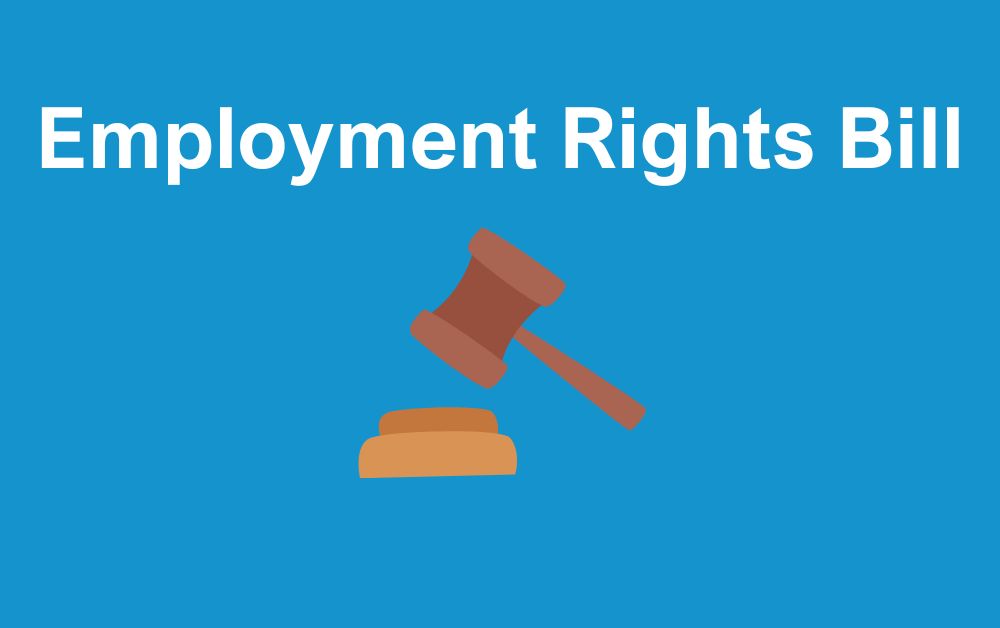In this blog, we will explore key changes, what these proposed changes could mean for the future of work in the UK, and how businesses can prepare for the new legal landscape.
Unfair Dismissal and Probation Period
The Government plan to consult on a statutory probation period for new employees which will be a ”lighter touch” approach to dismissing an employee during the probation period.
The right not to be unfairly dismissed will become a day-one right and the current rule that workers must have two years’ service to bring a claim forward will no longer stand.
Once the Government has agreed on a probation period they feel is appropriate, it will be introduced in two years time. It has been widely reported that the Government are leaning towards a probation period limit of nine months.
We recommend preparing for these changes now by improving your recruitment procedures. If you would like our support with this, please let us know.
Statutory Sick Pay as a Day One Right
Changes proposed in the Employment Rights Bill will mean that employees will receive statutory sick pay from the first pay of illness instead of the current 3-day waiting period.
All employees will also be entitled to statutory sick pay and will no longer need to earn the lower earnings limit which is currently £123 per week. This is in an attempt to support employees who work a small amount of hours. However, these workers will receive a lower rate of statutory sick pay.
Currently, to qualify for statutory sick pay, employees must earn an average of at least £123 per week and have been ill for more than 3 days in a row (this includes non-working days). Eligible employees receive £116.75 per week.
Better Protections After Maternity
The Government will look at providing women with better protections when they return to work from maternity leave. There’s conversations that this may mean that it will be unlawful to dismiss an employee within six months of their return. There will be some exceptions to this.
Paternity, Parental and Bereavement Leave
The Employment Rights Bill indicates employees will have a day-one rights to unpaid parental leave and paternity leave. Currently, staff must have 26 weeks’ service to qualify.
Employees will also have a day-one right to paid bereavement leave.
Zero Hours Contract
As part of the Bill, the Government plan to bring an end to ‘exploitative’ zero hours contracts and fire and rehire methods. This means that employees will have a right to guaranteed hours contract if they work regular hours over a certain period of time. However, workers will have the right to maintain a zero hour contract if they prefer.
Employment Rights Minister, Justin Madders said, ”From tackling fire and rehire to ending exploitative zero hours contracts, we are delivering a modern economy that drives up living standards for families across the UK.”
Flexible working as a day one right
The Government plan to make ”flexible working the default where practical.” This means that staff will have a right to flexible working unless their employer can prove why this is not feasible for the business.
Business Secretary, Jonathan Reynolds said, ”The best employers know that employees are more productive when they are happy at work. That is why it’s vital to give employers the flexibility they need to grow whilst ending unscrupulous and unfair practices.”
There was no specific time frames specified, however, the Bill will have to make its way through parliament and this is believed to take up to 18-months. The majority of the changes will unlikely take place until 2026 if not longer. Despite this, we encourage you to review your current policies and procedures in time for the Bill to come in to law. Our HR experts can help you with this.
The Government will be consulting further on the proposed reforms which means they are likely to be subject to change. We will make sure to keep you up to date with any changes. You can find out more about the Employment Rights Bill on the Government website now.







